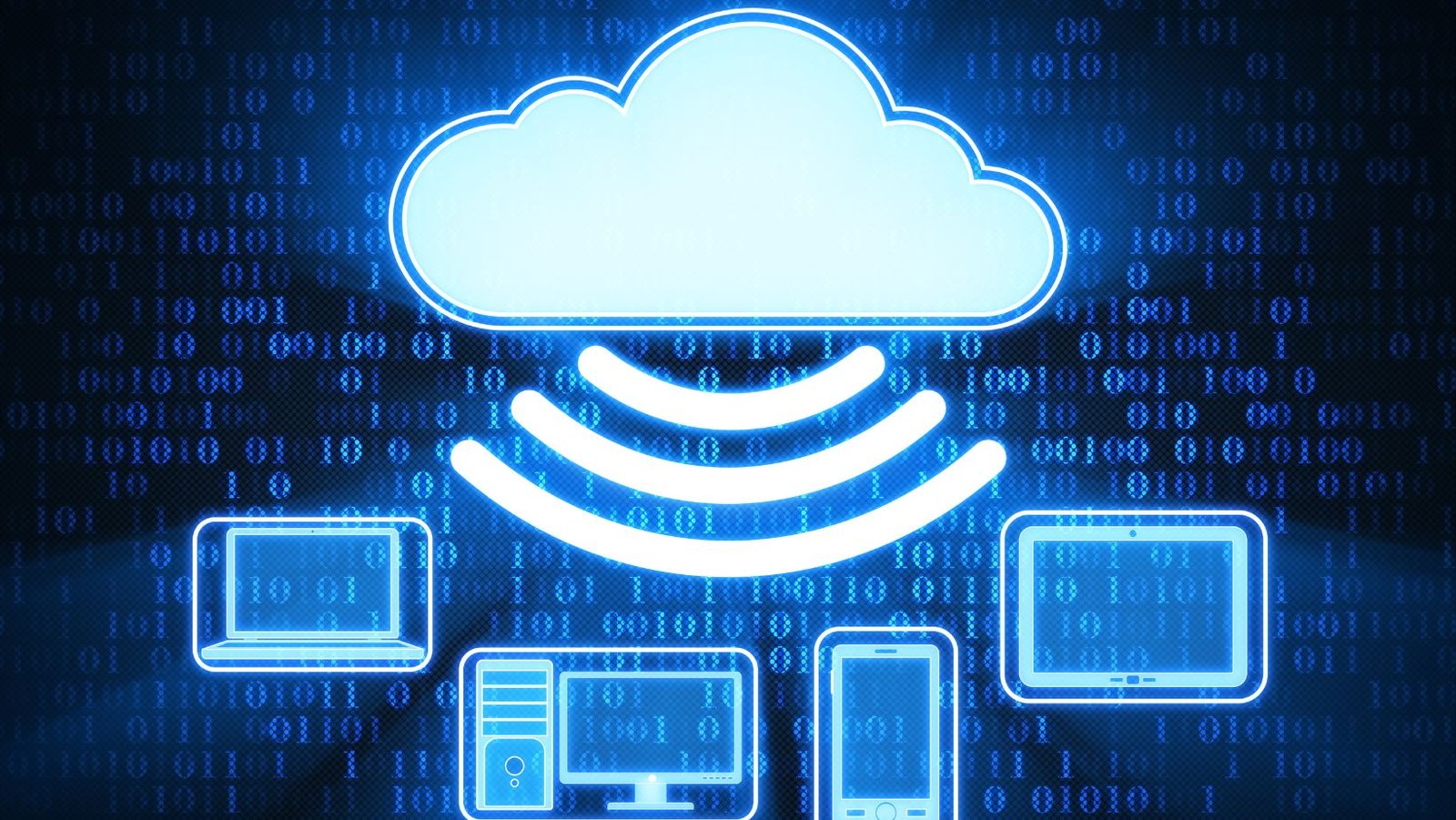In today’s digital age, protecting your laptop and phone from viruses is crucial. Only some people are naturally tech-savvy. And that’s perfectly okay. In a rapidly advancing technology world, it’s normal to feel overwhelmed or behind at times.
But the beauty lies in the ability to learn and adapt. Technology is designed to be user-friendly and accessible for all, regardless of age or background. There are countless resources available at Vave. From online tutorials to community classes – that cater to different learning styles and paces, remember, everyone starts somewhere, and taking small steps can lead to significant strides in technological proficiency. Patience and perseverance are key. With time and practice, anyone can become more comfortable with tech.
Here’s a straightforward guide on how to keep your devices safe and ensure secure downloading.
Protecting Your Laptop From Viruses
Install Antivirus Software: The first step is to install reliable antivirus software. This software acts like a shield, blocking malicious software (malware) and viruses.
Keep Software Updated: Regularly update your operating system and other software. Updates often include security enhancements.
Use Strong Passwords: Choose complex passwords. Avoid obvious ones like “1234” or your name. Mix letters, numbers, and symbols.
Be Cautious with Emails: Don’t open email attachments or click on links from unknown sources. They might contain viruses.
Use a Firewall: Activate your laptop’s firewall. It’s a digital barrier that blocks unauthorized access.
Regular Backups: Regularly backup your data. If a virus infects your laptop, you won’t lose everything.
Keeping Your Phone Safe From Viruses
Install a Mobile Antivirus: Like laptops, phones also need antivirus protection. Find a reputable mobile antivirus app.
Download from Trusted Sources: Only download apps from official app stores like Google Play or Apple’s App Store.
Update Regularly: Keep your phone’s operating system and apps updated. Updates can fix security loopholes.
Avoid Suspicious Links: Be wary of clicking on links in text messages or emails, especially if they seem suspicious.
Use Secure Wi-Fi Networks: Avoid using public Wi-Fi for sensitive transactions. If necessary, use a virtual private network (VPN).

Linking Your Devices Safely
Secure Network: Ensure your home network is secure. Use strong Wi-Fi passwords.
Trustworthy Apps: Use trustworthy apps for syncing devices. Check feedbacks and research before downloading.
Bluetooth Caution: When not in use, turn off Bluetooth. Open Bluetooth connections can be a gateway for hackers.
Regular Audits: Regularly check the devices connected to your network. Remove any unknown devices.

Safe Downloading Practices
Official Sources: Always download from official sources. Avoid third-party websites.
Check feedbacks: Read feedbacks before downloading software. Others’ experiences can be a good indicator of safety.
Scan for Viruses: Use your antivirus software to scan downloaded files before opening them.
Beware of ‘Free’ Offers: Be cautious of downloads that seem too good to be true, like free software that usually costs money.
Wi-Fi Safety And Its Importance
Strong Wi-Fi Password: Use a strong, unique password for your Wi-Fi network.
Change Default Settings: Change the default username and password for your Wi-Fi router.
Regularly Update Router Firmware: Keep your router’s firmware updated to protect against vulnerabilities.
Enable Network Encryption: Use WPA3 encryption on your Wi-Fi network for the best security.
Guest Network: If guests need Wi-Fi, set up a guest network. This keeps your main network more secure.
Protecting your laptop and phone from viruses requires a combination of good practices, secure settings, and vigilance. By following these steps, you can greatly reduce the risk of your devices being compromised. Remember, in the digital world, being proactive about security is always better than dealing with the consequences of a breach.














































































































